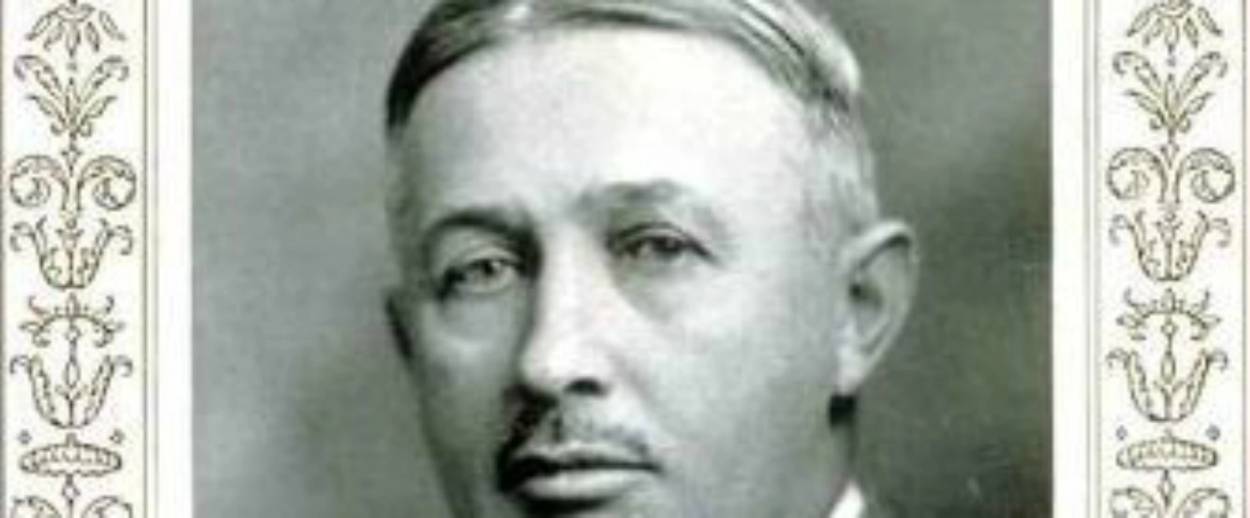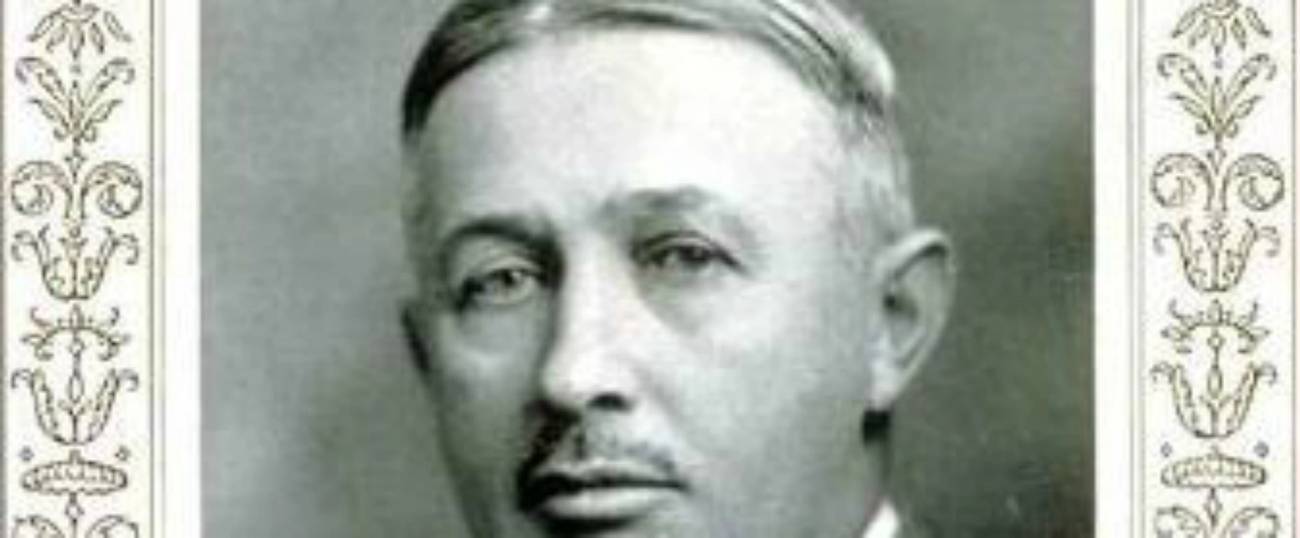Doing Big Business With Fascists
For American oilman Torkild Rieber, helping the Nazis was even more important than profit




In later years, Torkild Rieber, former chairman of the board of Texaco, chief supplier of oil to General Francisco Franco and Hitler, stated that these actions were not ideologically motivated; but simply good business.
A close friend seconded this, saying that “[Rieber] always thought it was much better to deal with autocrats than democracies. He said with an autocrat you really only have to bribe him once. With democracies you have to keep doing it over and over.”
But it was clear that there was more to Rieber’s relationship with fascist regimes than mere profit-making.
The relationship between American big business and fascist states preceded Rieber’s dealings with Franco and Hitler in the 1930s. As far back as the 1920s, businessmen like J.P. Morgan cultivated economic ties with Italian fascist Benito Mussolini when the latter took control of Italy.
The perception among business leaders was that Mussolini’s centralized economy provided economic stability, and thus profits for those who traded with him. Early into his administration, even President Franklin Roosevelt expressed admiration for Mussolini’s economic approach. FDR’s first ambassador to Rome, Breckinridge Long, regularly praised Mussolini and his fascist model in dispatches to the president, eliciting some sympathetic statements from the president. In one letter from 1933, FDR wrote:
There seems to be no question that [Mussolini] is really interested in what we are doing and I am much interested and deeply impressed by what he has accomplished and by his evidenced honest purpose of restoring Italy.
A decade later, American business tycoons thought the same of Hitler. They believed that Hitler had saved Germany from economic ruin and created a booming economy. Henry Ford, a leading American anti-Semite in his time, epitomized the detestable phrase at the time that “you can do business with Hitler” by establishing profitable trade with the Nazis.
But there were limits to what American big business could export to Mussolini and Hitler. In the mid-1930s, Congress established limits on what could be traded with nations who were at war. This stemmed from the perception among lawmakers that big business drew America into the carnage of World War I in order to protect their profits in France and England.
As such, Congress passed a series of “neutrality acts,” that made it illegal for American businesses to provide armaments with nations at war.
But business took advantage of a loophole in these acts which, while banning trade in weapons, still allowed companies to sell oil and trucks to belligerent nations.
By 1937, however, Congress prohibited the sale of oil to warring countries. This law was passed in reaction to the Spanish Civil War, in which the right-wing general Francisco Franco, led a military revolt against the legally-elected leftist Loyalist government.
Big business saw Franco as a more profitable customer than the socialist Loyalist government. In violation of Congressional neutrality laws, they sent oil and trucks, crucial materials for a country at war, to the Hitler-backed Franco regime—Nazi Germany meanwhile provided pilots and aircraft to Franco.
But not all businessmen confined their relationship with Franco to mere money-making. Some had ideological affinities with fascism that was more important than profit.
Enter Torkild Rieber.
Rieber, who emigrated from Norway to the United States, had a “rags-to-riches” background. He went from being a sailor at the age of 15 to chairman of the board of Texaco in 1935.
Rieber’s views that made it all but inevitable that he and fascist regimes would find each other. As a sailor, he’d helped transport indentured servants from the Indian subcontinent to sugar plantations in the West Indies (then a colony of Great Britain). Rieber hated the New Deal and labor unions, and saw the economies of fascist regimes as a safer bet for investment.
But Rieber’s relations with Franco and Hitler stemmed more from ideology than money-making. He shipped oil—in the amount of 3.5 million tons—to Franco on credit.
He also provided Franco with valuable intelligence on the Spanish Loyalists. This earned him praise from “Il Duce,” as the Spanish fascist leader was known, who awarded Rieber the Knight of the Grand Cross of the Order of Isabella the Catholic.
When Franco won Spain’s civil war in 1939, Rieber directed his energies toward Nazi Germany after World War II began in Europe. His allegiance to the regime was noted by his Nazi intelligence file which read that the oilman was “absolutely pro-German” Rieber, the file stated, was “a sincere admirer of the Fuhrer.”
These views were evident on a visit to Germany when Rieber stayed at the estate of Herman Goering and cultivated strong ties to the Luftwaffe commander.
As with Franco, Rieber did more than provide oil to Nazi Germany. He also provided crucial intelligence to the regime concerning American naval vessels that were then shipping war materials to an England being bombed by the Nazis.
Rieber passed along information to the Nazis concerning what the ships were carrying, as well as information about American aircraft factories.
When British intelligence uncovered Rieber’s activities and shared this with the United States, the oilman was forced out of his position with Texaco.
But even this did not deter his relations with Franco. After the war, he took Franco’s daughter on an aerial tour of the United States.
The communist explanation for the rise of fascism in Europe was that it was the inexorable result of a capitalism desperately seeking to retain profits.
There is certainly proof that many in the overseas business community established economic ties with fascist regimes out of pure, heartless, greed.
But the example of Rieber shows that there was more to this thesis than lining his pockets. He was motivated by more than profit-seeking in his support of Franco and Hitler. He provided oil on credit to Franco when it was not certain that Franco would win the Spanish Civil War. But more tellingly was his efforts to provide crucial intelligence with Franco and Hitler; continuing this espionage relationship even after World War II broke out in Europe.
No formal punishment was ever visited on Rieber for his fascist sympathies and support to states with which the U.S. was at war. Despite being forced out at Texaco, Rieber maintained a lucrative career in the oil industry.
Ron Capshaw is a writer living in Midlothian, Va.